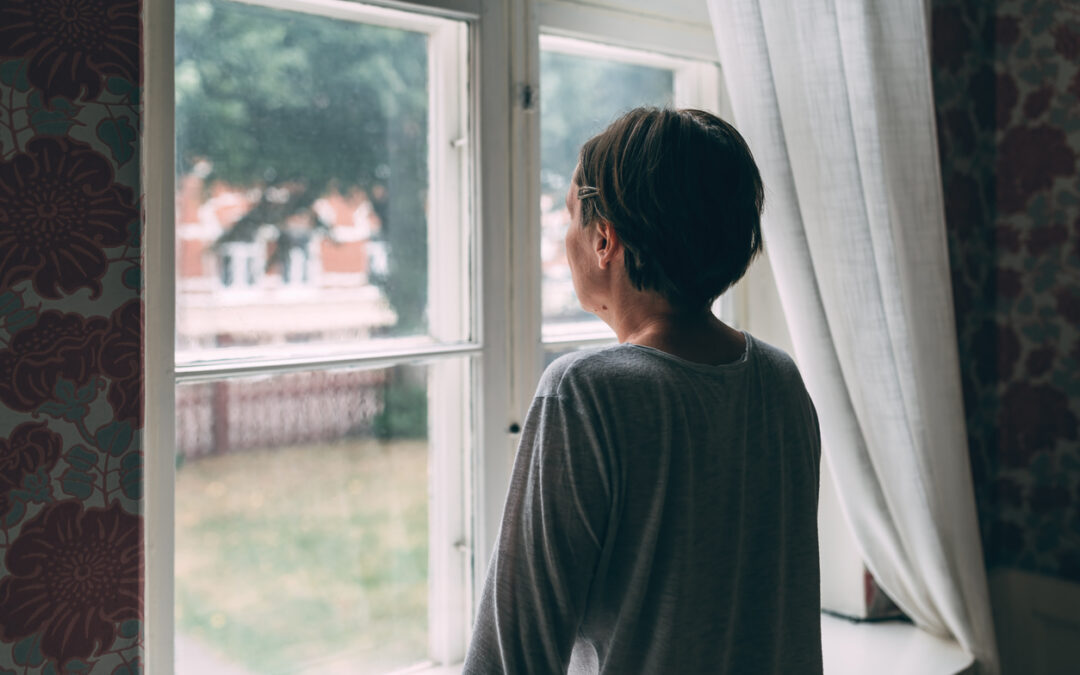Josie could not believe the things her partner said about how she affected him. She was confident of her good intentions and the care she felt for him. How could he feel such pain from their relationship? He must be saying these things to hurt her, she reasoned. Minimizing his experience, however, cut her off from emotional closeness with him.
We could say Josie is in denial, but that’s too simplistic. One of the most challenging things about conflict with those we love is when we discover they see us far differently than how we see ourselves. They may experience us as selfish, controlling, hot-headed, aloof, or hurtful. How could that be real—we’re not that way!
Josie’s wake-up call came when she was introduced to a tool called the Johari window. The Johari window helps us visualize what we know, and don’t know, about ourselves. The model’s aim is to lead to greater self-awareness and better relationships through sharing and emotional vulnerability.
Exploring the Johari window
 The Johari window is a 2×2 grid, resulting in four regions that are like window panes. One axis represents what we know about ourselves. The other denotes what others know about us.
The Johari window is a 2×2 grid, resulting in four regions that are like window panes. One axis represents what we know about ourselves. The other denotes what others know about us.
Open area
The Johari window quadrant called open area contains the things we know about ourselves and others know about us. Either they’ve experienced those characteristics when around us or we’ve shared these things with them. Examples of items in the open area might be that we love animals or that we fear flying. The open area in an intimate relationship could include our vulnerabilities, weaknesses, passions, and goals—if we’ve shared those with our partner.
Unknown quadrant
The opposite quadrant from the open area in the Johari window is the section called the unknown. This space encompasses features about us that exist and are true, but neither we nor our partner know about them.
We may lack self-awareness of these characteristics because we haven’t explored certain aspects of ourselves, like our inner-most thoughts, or the implications of our past. Similarly, our partners do not know these things about us either. Perhaps it’s because they haven’t noticed, or because we can’t share what we don’t know ourselves.
Hidden pane
The hidden pane in the Johari window is where we keep secrets—the things we don’t want others to know. They may be too painful to share, or thoughts we have but fear will drive others away if we expose them. We think if others knew about our hidden area, they would reject us.
This region of the Johari window may also hold innocuous things that we just haven’t shared yet. Details we think others don’t need to know or wouldn’t find interesting fall into this category. Sharing items from the hidden pane, even the negative ones, holds great potential for growing closer to those we love.
Blind spots
Finally, the blind spot zone has traits others see and know about us that we do not see and know about ourselves. It could be we don’t know them because we lack self-awareness or understanding about ourselves. This is the part of the Johari window Josie struggled with the most.
Seeing blind spots in the Johari window
Listening to feedback from those we love is a good way to build awareness of our blind spots. Josie determined her husband’s experiences were legitimate because, independently, other family members said similar things. For Josie, listening first required her to not get defensive when she heard negative feedback.
As she reflected on how her husband was subjected to her behavior, it made sense. She could see herself feeling and reacting similarly if someone acted that way around her.
Giving her partner a voice and appreciating his vulnerability built trust and safety. Similarly, considering things about herself that she did not like to hear demonstrated great vulnerability, too. It was painful at times, but all this openness helped the two of them become closer and led to tremendous personal growth.
Acting on blind spot items
It’s one thing to see items in our blind spot, but it’s far more powerful when we act on them. Too often, when confronted with uncomfortable and unflattering truths about ourselves, we dismiss them, become self-righteous, or act passive-aggressively toward the messenger. None of these responses serves us well, however.
Alternatively, we can explore these areas and accept new truths about ourselves. This moves the item from our blind spot into the Johari window open area.
Now, our partners can safely share how our behavior has affected them; they feel seen and heard, which creates a closer relationship. To the extent we make changes, we benefit by growing, knowing ourselves better, and accepting ourselves a little bit more.
It is hard work, for sure. All of us have light and dark, positive and negative thoughts, feelings, impulses, and personality characteristics. None of us are perfect.
Often, we resist hearing things about ourselves that we don’t want to be true. By opening the Johari window blind spot, we grow our character, while growing closer to those we love.


Recent Comments